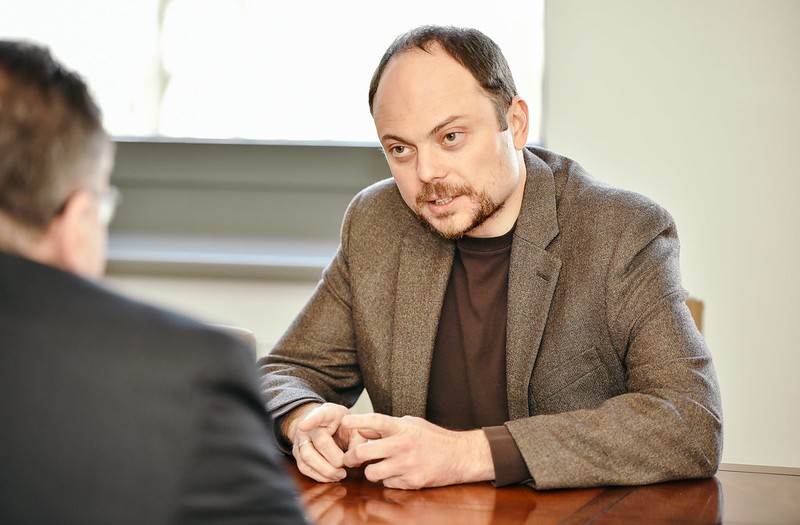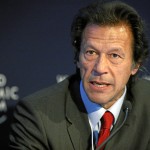The sanctions against the three Russian judges, two prosecutors, and a government witness come in the wake of Moscow rejecting Kara-Murza’s appeal, who is now facing 25 years in a Russian penal colony.
In an official statement, U.K. Foreign Secretary James Cleverly called for Kara-Murza’s immediate release and stated that the journalist was imprisoned on “bogus charges”.
Those blacklisted include Vitaly Alexsandrovich Belitsky and Ekaterina Mikhailovna Dorokhina, both Moscow City Court judges who convicted Kara-Murza on charges of treason. The third judge mentioned is Natalia Nikolaevna Dudar, who extended the journalist’s pre-trial detention.
The two prosecutors listed are Boris Georgievich Loktionov, who described Kara-Murza as “an enemy of the state,” and Anna Evgenievna Potychko, who advocated for the denial of Kara-Murza’s appeal.
Lastly, Danila Yurievich Mikheev, who was called as an ‘expert witness’ against Kara-Murza, was blacklisted for knowingly spreading false information during the trial, the U.K. Foreign Office said.
All six are now subject to travel bans and having their U.K.-based assets frozen by the British government, if they have some.
Having worked for years as a political commentator and human rights activist in Russia, Kara-Murza has long spoken out against Putin’s regime, especially his 2014 annexation of Crimea and his full-scale invasion of Ukraine, which has now surpassed 500 days.
However, his decision to bravely report on Putin’s illegal invasion, as said by the U.K. Foreign Office, ultimately resulted in his arrest in April last year.
The charges included ‘discreding the Russian military’, which Putin outlawed soon after he coined the term ‘strategic military operation’ as a false descriptor for the war; and treason.
For years, Kara-Murza has argued that Putin’s obsession with bringing Ukraine back under Russia’s sphere of influence stemmed from his fear of losing the totalitarian power he wields over his own citizens.
In February 2014, he said that, for Putin, “maintaining the status quo in Ukraine was not primarily about preserving a post-Soviet sphere of influence or recreating a Moscow-led empire,” but that “a democratic, pro-European Ukraine” would establish “a ‘dangerous’ precedent for Russia.”
One month later, he put forth the opinion that Russians in fact oppose Putin’s occupation of Crimea, and that the world “should respond to Putin’s aggression” with sanctions.
Kara-Murza is also a senior figure of Open Russia, a foundation that promotes democracy in Russia. For several years now, the Kremlin has made headlines for its silencing of political opponents, most notably Alexei Navalny, whose poisoning and subsequent imprisonment in 2020 was largely attributed to the FSB, Russia’s federal security service.
The Russian-British journalist has also been poisoned twice in his life, in 2015 and 2017. Though the perpetrators have never been publicly identified, the U.K. government similarly believes that the FSB was involved.
The six sanctions are a follow-up to the five levied in April earlier this year against others involved in Kara-Murza’s trial and suspected poisoning.
Speaking about the sentence against Kara-Murza, Cleverly said that it displayed the Kremlin’s “complete disregard for human rights and freedom of expression.” He further pledged to continue supporting the imprisoned journalist as well as his family.


